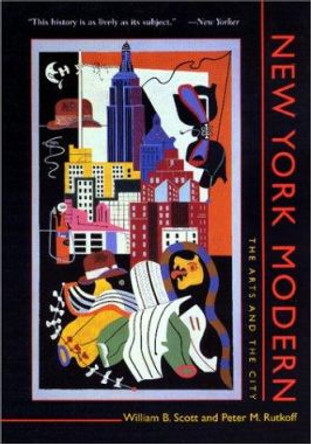Why did the Museum of Modern Art and the Guggenheim in New York, and art collectors and curators such as Katherine Dreier and Alfred Barr, collect modern German art in the first half of the twentieth century? And why did certain works of art belong to the canon while others did not? In this book, Gregor Langfeld argues that National Socialism played a crucial role in the canonization of movements such as Expressionism and the Bauhaus. A role which undermined the post-1945 reputations of many artists associated with classical and figurative trends. Langfeld offers important new insights into the political and ideological motivations behind the New York art world's fluctuations in opinion, fashion, and price.
About the AuthorGregor Langfeld is Assistant Professor History of Modern Art at the University of Amsterdam
Reviews"Offers a useful analysis of a key aspect of modern German art heretofore unexplored in the literature. Langfeld clearly outlines the scope of his inquiry, and his approach is well organized and well documented with primary material. Recommended." --
ChoiceBook InformationISBN 9789089647665
Author LangfeldFormat Paperback
Page Count 232
Imprint Amsterdam University PressPublisher Amsterdam University Press









